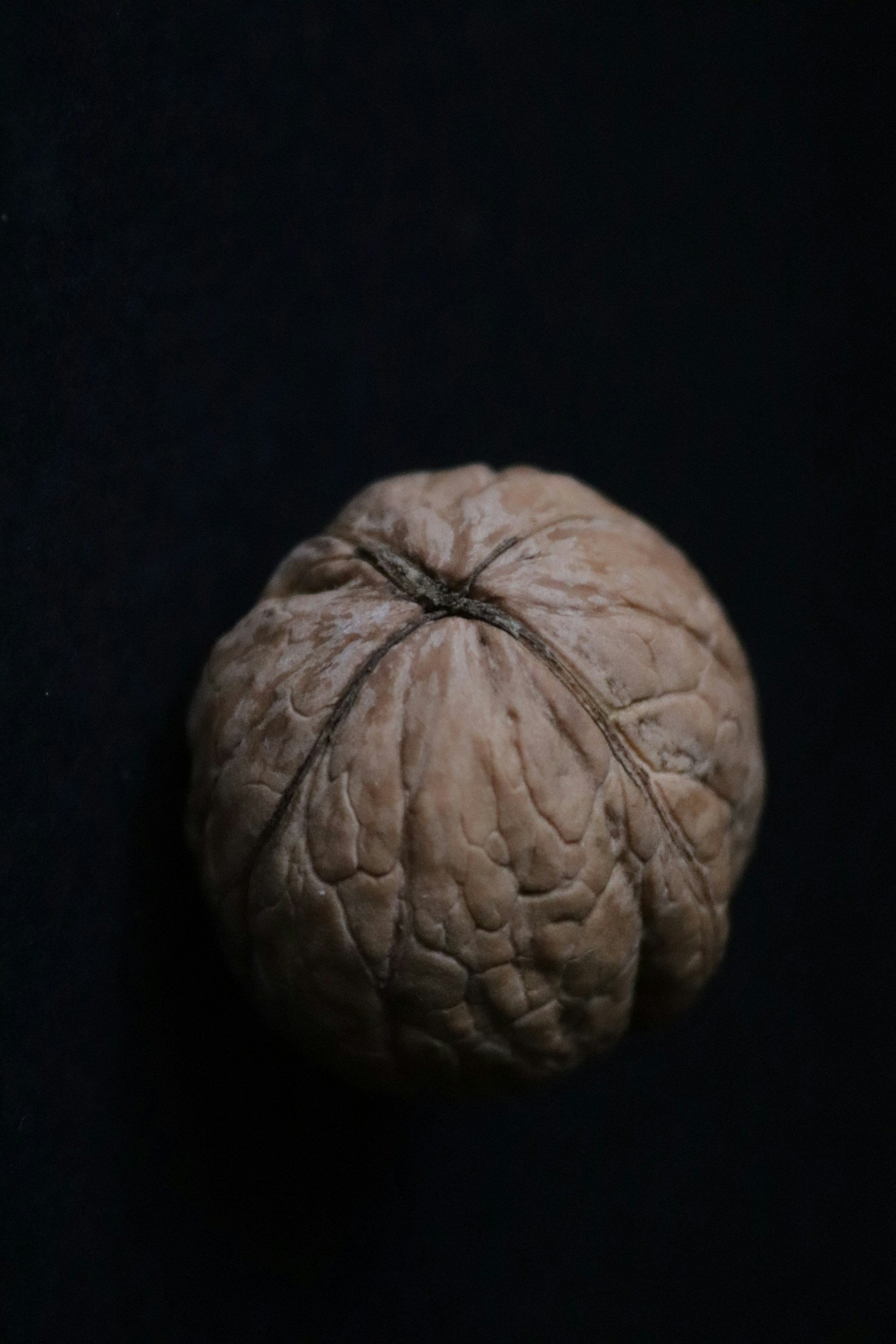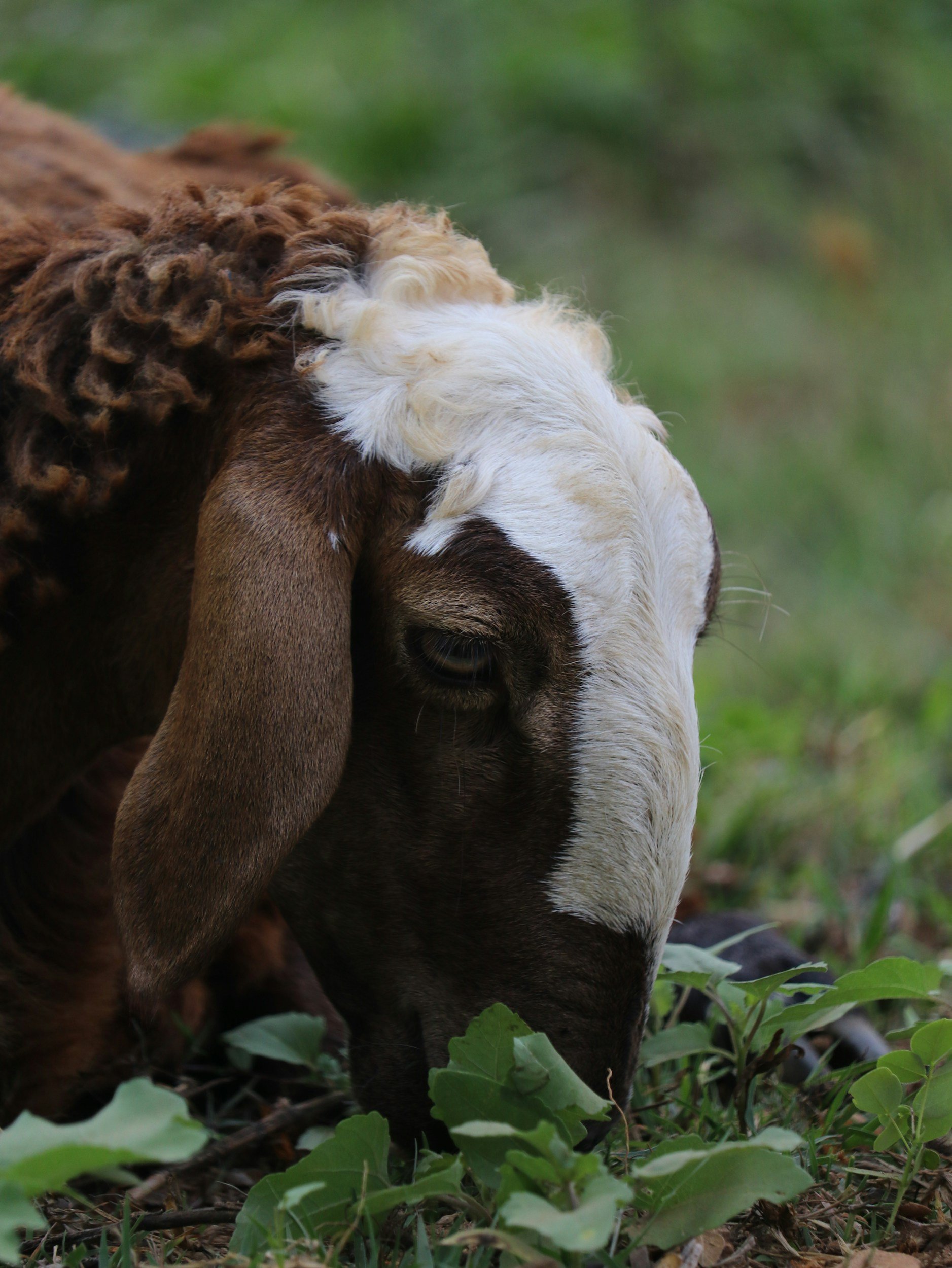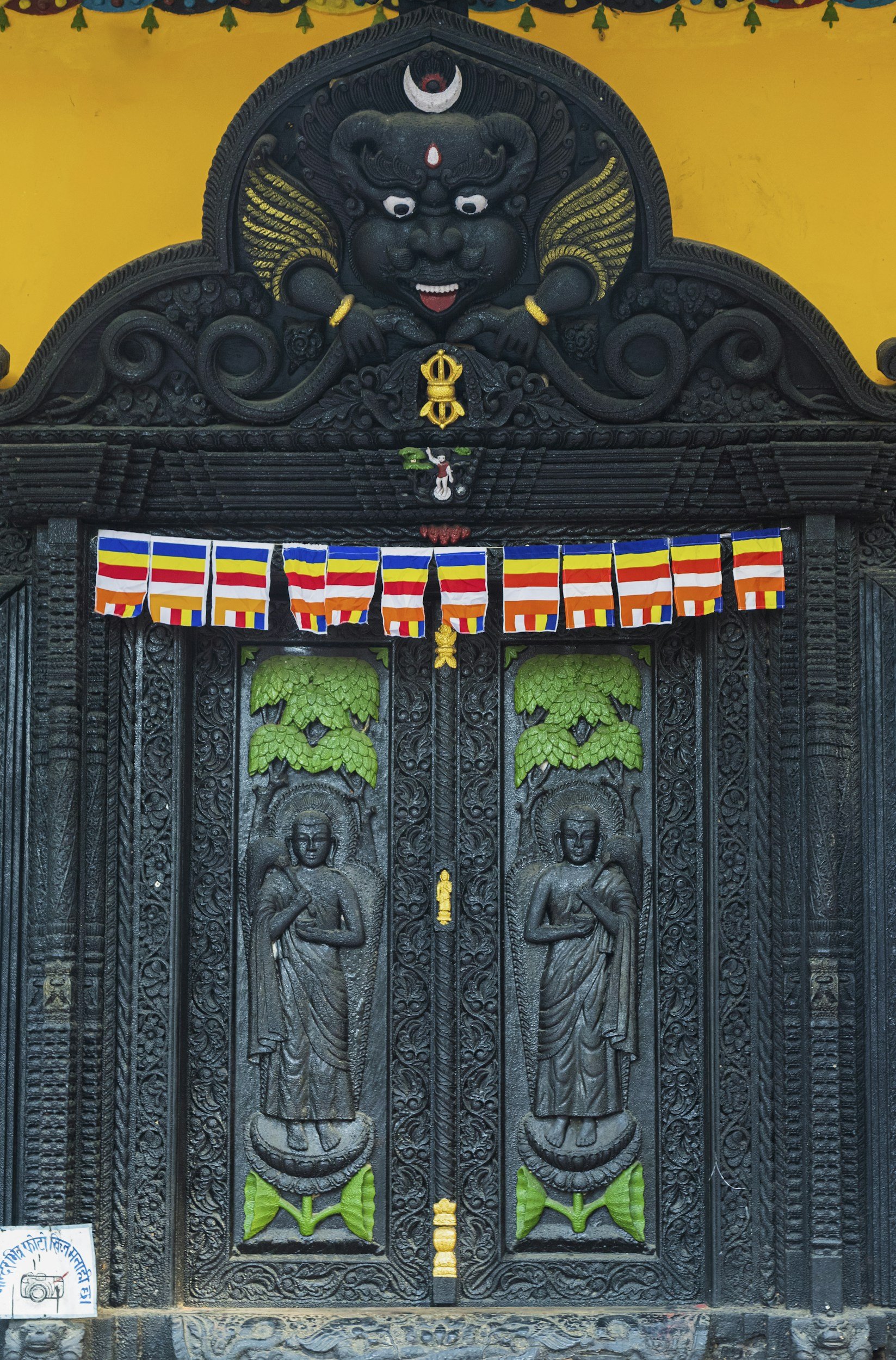The Origins of Yam (An Afikpo Tale)
Listen to this story 👇🏾
In the ancient days when life on earth was still new, there was a village called Afikpo, nestled within the green folds of Igbo land. Afikpo was a prosperous village, known for its fertile lands. But as the years went by, the crops began to wither, and the rivers dried up. Hunger clawed at the bellies of the people, and despair clouded their once-bright faces. No rain came, and the land was barren. The people were desperate.
In their anguish, the villagers turned to Ibu Ụkpabi, the mighty oracle, seeking guidance. They gathered before the shrine, heads bowed in reverence, waiting for the voice of the oracle to tell them what must be done to save the village from starvation.
The oracle's voice, when it spoke, was as cold and firm as iron: "A sacrifice is required. The land has grown restless, and the gods demand life in exchange for life. The first sacrifice must be a servant, and after this, the ultimate offering must come from the womb of Afikpo itself. Only then will the gods send the yam, the food that will sustain you for generations."
An elder of the village, a direct descendant of the founders of the community, heard the oracle's decree. Her name was Nne Mgbafọ, a woman of deep wisdom and great strength. She had suffered many losses in her life, yet she remained a pillar in the community. It was Nne Mgbafọ who first volunteered to make the ultimate sacrifice for the survival of her people. She let them have one of her servants who went willingly.
Following the oracle's instructions, the village gathered once again, and with heavy hearts, they sacrificed the servant. The earth trembled slightly, and from it grew a strange root. They dug it up, but when they tried to eat it, the taste was bitter and unworthy of their labor. This strange root, twisted and knotted, became known as ji abana, the bastard yam.
Disheartened, the villagers returned to the oracle, pleading for further guidance. The voice of Ibu Ụkpabi resounded once more: "The servants’s blood was not enough. The gods demand a greater sacrifice. The first son of Afikpo must be given to the earth. Only then will the land bear true fruit."
Nne Mgbafọ, already worn with grief, now faced a decision that shattered her very soul. Her only son, Amadi, was her pride and joy. His laughter had been the one thing that sustained her through her losses. But the village needed saving, and the oracle had spoken. With a heart heavy as stone, she resolved to offer her son to the earth.
The entire village gathered to witness the solemn ceremony. The air was thick with sorrow as Amadi, the first son of Afikpo, was laid on the sacred ground. His mother whispered blessings to him, her voice trembling with the weight of her sacrifice. She turned to the sky as Amadi’s spirit was sent to the ancestors, tears streaming down her face as she buried him.
Twelve days passed, and on the thirteenth day, something miraculous happened. From the grave where Amadi was buried, a green shoot sprouted. The village watched in awe as the shoot grew taller each day, its leaves broad and vibrant, a sign of life in a land that had long forgotten the touch of growth.
The villagers soon dug up the root, and this time it was different. Unlike the twisted ji abana, this root was smooth and strong. They called it ji amadi—the yam of man, a fitting tribute to the brave sacrifice made by Nne Mgbafọ and her son. The villagers harvested the yam and cooked it. The taste was rich and nourishing, a gift from the gods for the survival of the people.
From that moment on, the yam became the sacred food of the Igbo people, a symbol of life, sacrifice, and sustenance. To honor the memory of Amadi and the gods' gift, the New Yam Festival was born. Every year, the people of Afikpo, and all of Igbo land, gather to celebrate the Iri Ji festival, marking the harvest of the first yam, paying homage to the gods, and remembering the ultimate sacrifice that brought life back to the land.
The yam crop became a legacy, a reminder that more life always comes through sacrifice, and that in the darkest times, the earth will still answer if the people are willing to give of themselves for the greater good.
And so, every harvest, when the first yam is plucked from the ground and placed on the sacred altar, the people remember the boy who became a gift to all of Igbo land—the boy whose spirit lives on in the fields, feeding generations to come.
The End.























